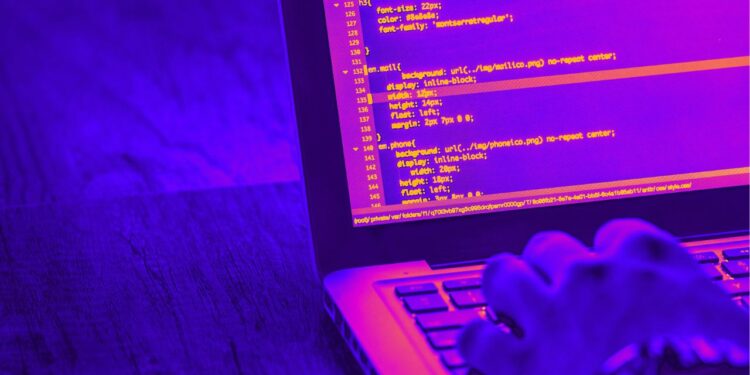Widespread job automation is on the horizon, and leading AI researchers see it arriving earlier than previously estimated. A recently published survey of 2,778 AI experts, led by Katja Grace and Harlan Stewart from the University of California at Berkeley, suggests that the workforce will be entirely altered by the rapid advancements in artificial intelligence (AI) in the future.
As reported by ZDNET, the survey reveals that soon AI will be capable of performing an even wider and more complex array of tasks — with the possibility of one day having the capabilities to fully automate all human occupations.
According to the survey, “If science continues undisrupted, the chance of unaided machines outperforming humans in every possible task was estimated at 10% by 2027, and 50% by 2047. The latter estimate is 13 years earlier than that reached in a similar survey we conducted only one year earlier [Grace et al., 2022]. However, the chance of all human occupations becoming fully automatable was forecast to reach 10% by 2037, and 50% as late as 2116 (compared to 2164 in the 2022 survey).”
The survey suggests a dramatic update in the timeline for AI’s impact on the global labor market. Initially predicted for 2164, the forecast for high-level machine intelligence, where machines can perform tasks more efficiently and cheaply than humans, has been moved up by half a century to 2116. This change reveals just how fast the pace at which AI technology is being developed and advancing.
For the workforce, these advancements in technology could mean a complete transformation in job roles. Experts believe tasks that are repetitive or programmable are likely to be the first to be automated.
According to ZDNET’s report, within the next five to 10 years AI’s capabilities could include finding and patching security flaws, building payment processing websites, offering phone banking services, writing advanced Python code, and even conducting machine learning research and writing academic papers that could be accepted into professional conferences — all with minimal human input. This kind of advancement in the near future suggests a job market where many current job roles could become obsolete.
However, this transformation also opens up new opportunities. As AI takes over routine tasks, human employees will need to focus on areas where they excel over machines — such as creative problem-solving, emotional intelligence, and ethical decision-making. The inevitable advancement of AI will place more emphasis on upskilling efforts, as workers adapt to collaborate effectively with AI systems.















